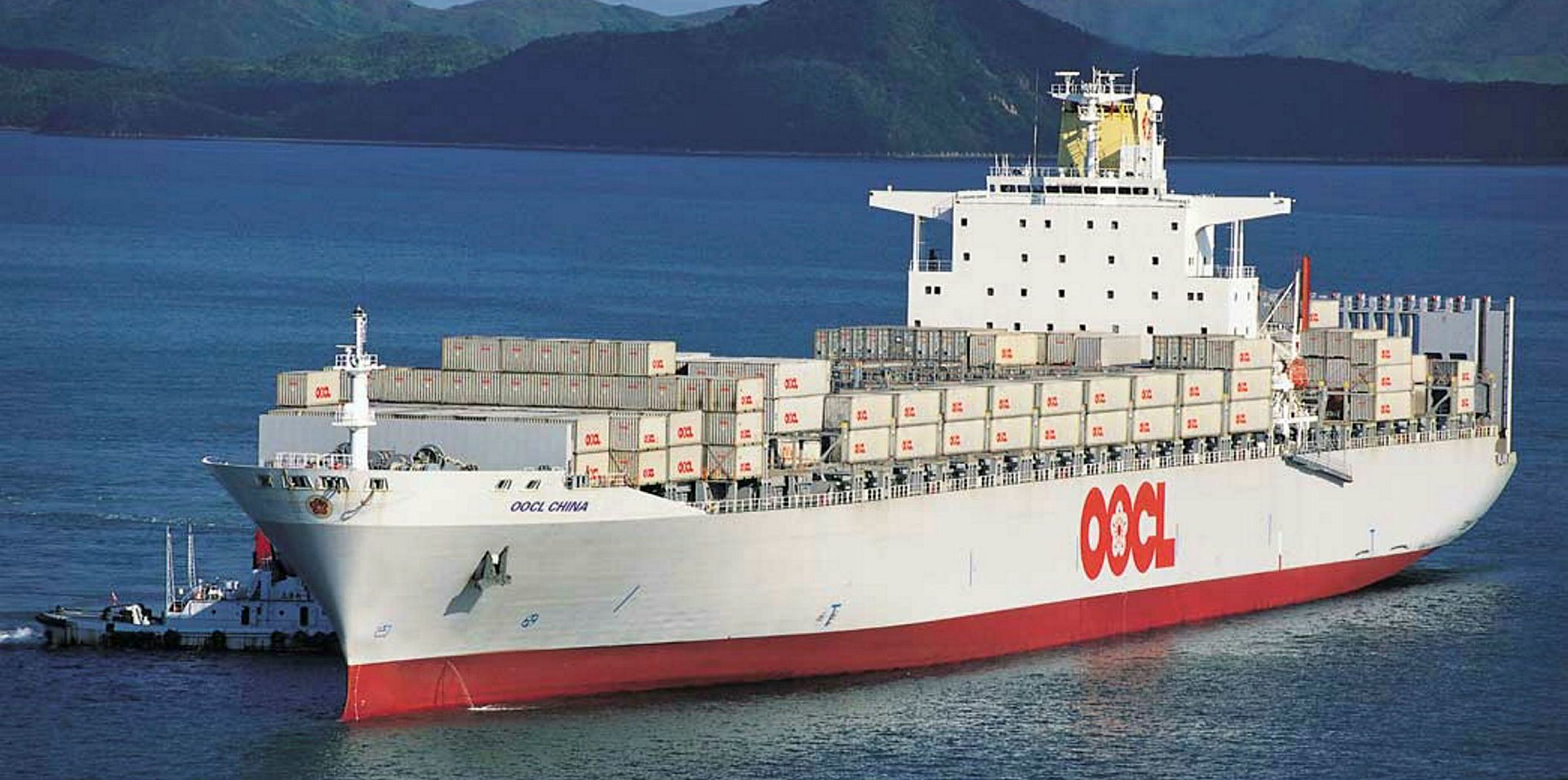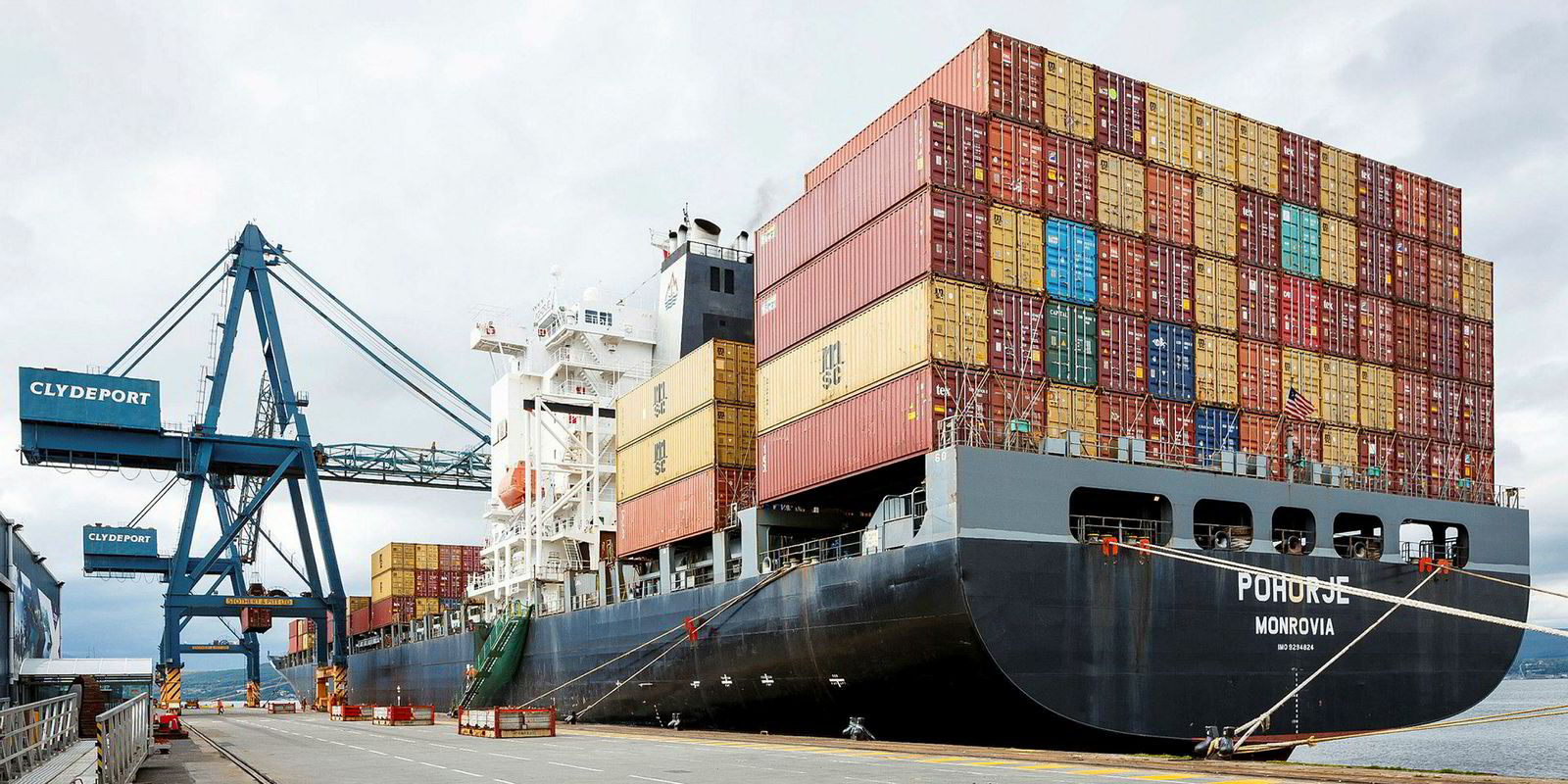OOCL will employ low sulphur fuels to meet the IMO 2020 sulphur cap regulations, the company has confirmed.
“As we explore our options and what would be best for our fleet to ensure compliance by the deadline, OOCL will begin our transition into the use of LSF for our entire fleet during the second half of 2019,” it said.
OOCL said that with this new sulphur cap on marine fuel lowering from 3.5% to 0.5%, about 85% of sulphur emissions is expected to be reduced but at a “significant cost to the entire industry”, estimated at about $60bn each year.
OOCL said it expects the additional cost impact of such a move for its own operations to “easily fall well above half a billion dollars”.
It said it came to this conclusion after looking into the expected bunker consumption of its fleet and the projected price difference from switching to the compliant fuel which “may possibly become increasingly expensive” due to tight supply in the market.
“The industry has been grappling with the challenges associated to fleet adjustment options, including uncertainties in the availability and accessibility of LSF in the market and the premium that will be charged for the cleaner fuel,” it said.
OOCL said that under the current industry environment and the level of cost involved to an industry that is already very cost-sensitive for survival, shippers and the consumers will “need to prepare to shoulder this burden”.
In preparation for the “surge in this operating cost” and in consideration of the continual trend of rising fuel prices in the market, OOCL said it will be introducing a bunker recovery approach based on a floating bunker formula that will better reflect the changes in the industry environment.
“This approach will take various factors into account, including the different fuel types being used, fuel price fluctuations, ship size and capacity, and vessel utilization levels,” it said.




